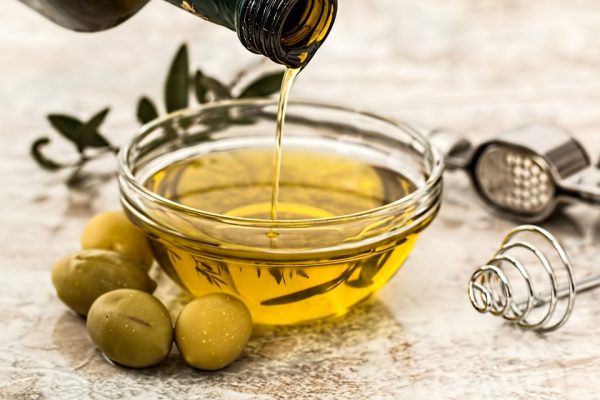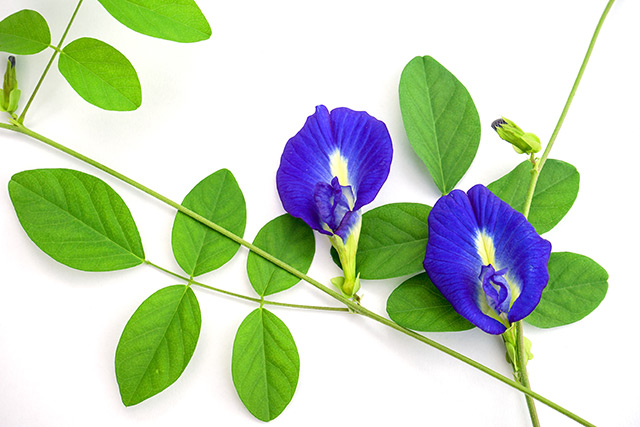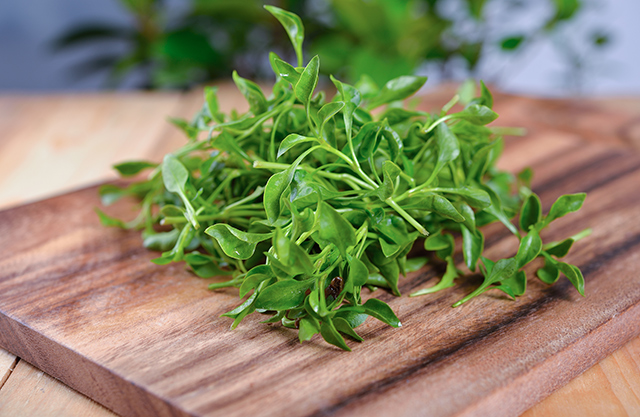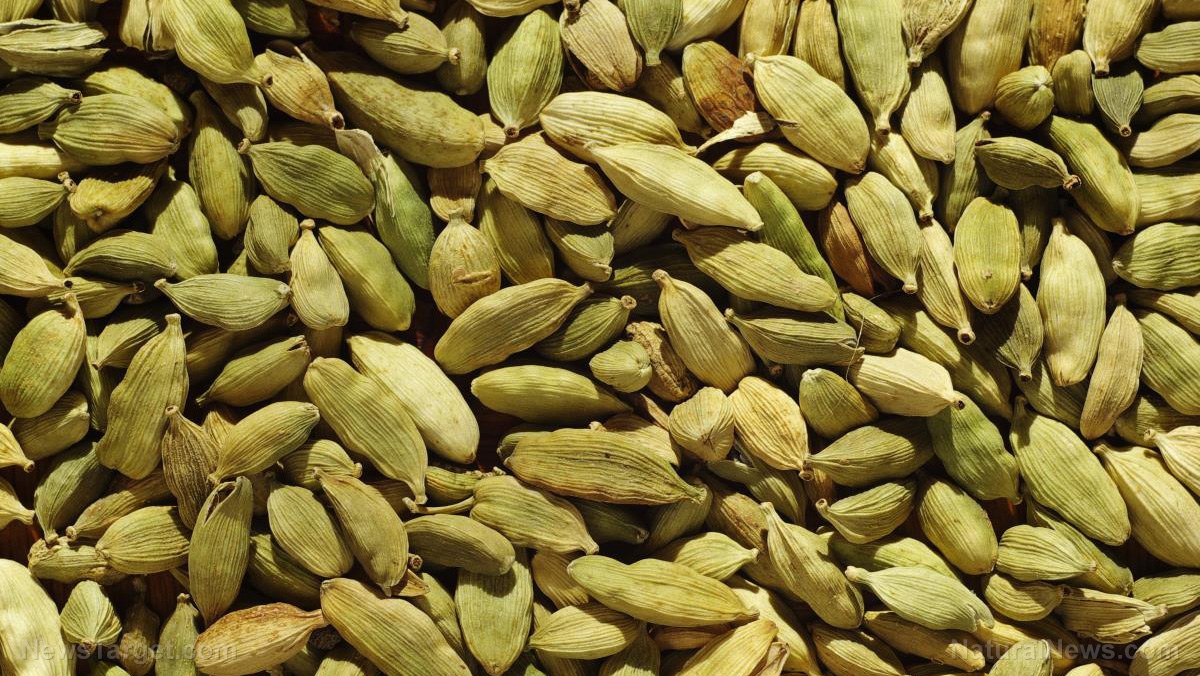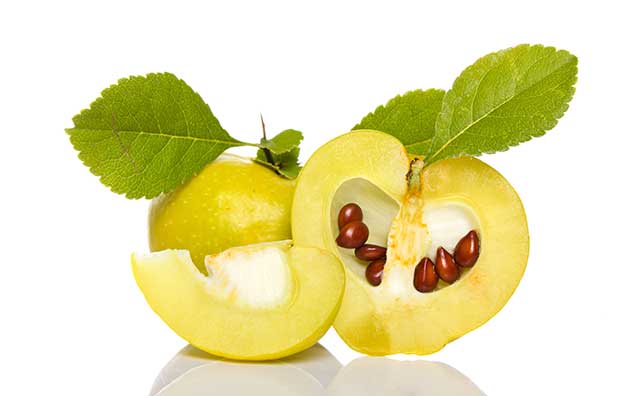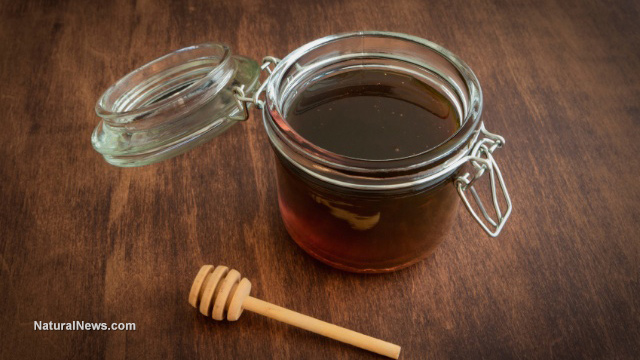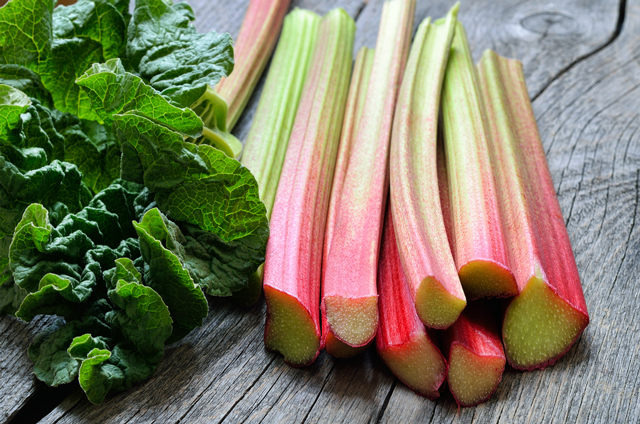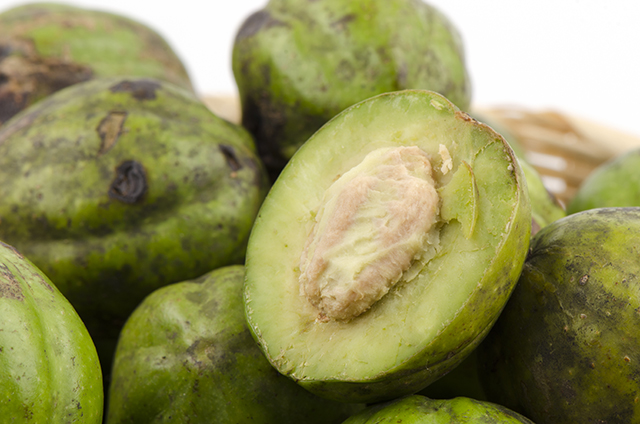Potassium phosphite plays a mitigating role in reducing the adverse effects of pathogens in cucumbers
07/25/2018 / By Rhonda Johansson
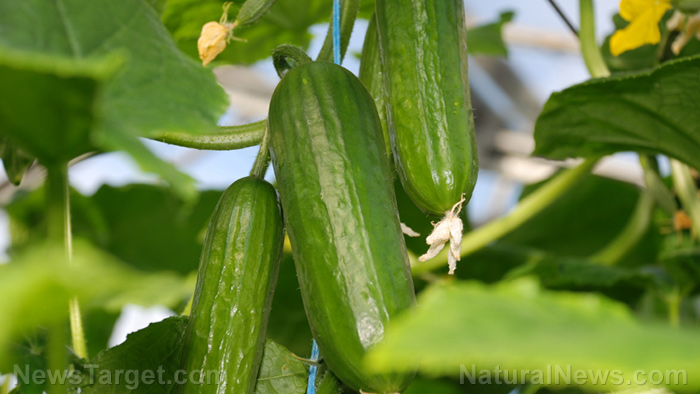
Researchers have once again validated the efficacy of potassium phosphite (kPhi) in managing specific plant diseases. The fully systemic material has previously been used by organic farmers as a means to improve plant vigor and health. However, its use in eliminating various plant pathogens – particularly those that are notorious for developing resistance to conventional fungicides – has only been recently studied. In a relatively new study published in Archives of Phytopathology and Plant Protection, a team of researchers found that kPhi significantly decreased the amount of downy mildew in challenged cucumber plants.
- Cucumis sativus (cucumber) plants were inoculated with Pseudoperonospora cubensis for the purposes of this study.
- The plants were then treated with various amounts of kPhi.
- Leaf samples were collected at different times for proper assessment.
- Pathogen-inoculated plants showed decreased plant activity and growth, especially in activities related to chlorophyll production.
- However, kPhi was shown to reduce the adverse effects of the pathogen by maintaining the photosynthetic efficiency in cucumber plants.
It was concluded that kPhi may be an ideal natural alternative to conventional fungicides. Further, it was noted that kPhi has little to no adverse effects on soil microbiome.
Read the full text of the study at this link.
To gain a better understanding of the negative effects of traditional pesticides and fungicides, go to Pesticides.news now.
Journal Reference:
Ramezani, M., Abdolmaleki, M., Shabani, S., Dehestani, A. THE ROLE OF POTASSIUM PHOSPHITE IN CHLOROPHYLL FLUORESCENCE AND PHOTOSYNTHETIC PARAMETERS OF DOWNY MILDEW-CHALLENGED CUCUMBER CUCUMIS SATIVUS PLANTS. Archives of Phytopathology and Plant Protection; 2017; 17; 927 DOI: 10.1080/03235408.2017.1407470
Tagged Under: kPhi, Organic Fertilizer, plant growth, potassium phosphite

